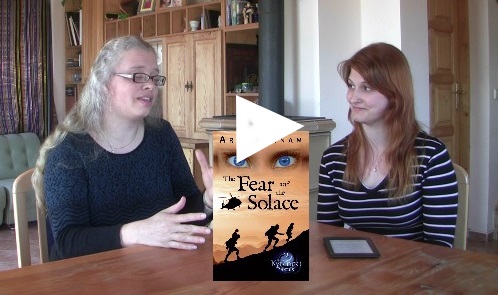The good things about hard labor
/The sun's going down through the budding trees on the ridge. It's nearly time for a well-deserved break. Come join me for a cup of tea--mint, wild oregano, maybe a pinch of echinacea smelling of last year's honey bees.
The last rays dazzle gold through the greenhouse walls. I pat the final arugula starts under the rich soil. Then I lug a full watering can from the rain barrel to sprinkle the seedlings, greens and herbs. The last frost may not have come yet and it is still just a tad early for the drip lines.
Public domain image
My steps are slow. My arms and legs feel like heavy weights. But the animals are fed and the rest of the starts watered. The only thing left is to read a story to the kids.. This evening we read a story about a rain forest frog and several poems on cats as the light fades in the sky.
My hands are dry from the soil. Lavender, pine and sage salve with olive oil is good for that. I sit rubbing it on in the dim kitchen. The only light comes from my husband's video screen, a Beltane candle in the shape of a leaf and the dying light of the sky.
I have to handle my mug carefully now--with hands slick from a thick layer of salve. A sip of tea, then another. Relaxation flows down my back.
Spring days are long, filled with digging in the earth, hauling water, separating fighting kids and cooking meals. My neighbors largely don't live this way. They are exhausted too, but more likely from screens, meetings, offices and shopping. Not a day passes when I don't hear someone question my different way or call it some form of "extreme."
Extreme? To cook one's own meals? To grow a garden for food and medicine? To insist on food made from raw materials? To expect that children's play should mostly be active? Even to insist that children have tasks to help with at home?
In some places people love the idea of "the simple life," but rarely do more than make token passes at it. It isn't simple. Not that I've seen. But neither is it extreme.
It is a conscious way of living, a choice to make--not once but in every moment of every day. You have to know why you're doing it each moment. Otherwise, how can you keep making that choice?
Here are some few of the advantages of the conscious life:
- Self-respect
- Moments of beauty
- Less chemicals
- The ability to take the problems of the world less personally
- More healthy days
- Satisfaction of the primal instinct for food security
- Muscles that ache in a good way
- Happy taste buds
- Confidence and competence
- A sense of the ground beneath your feet as living being
- Peace within
There is nothing quite so good as that moment of peace at the end of a day that was as much physical as intellectual, where a job with modern technology is balanced by the sheer physicality of growing one's own food and medicine and where physical labor is balanced with space for creativity. It is too easy to take the world's brokenness personally, unless you have your own grounding.



























